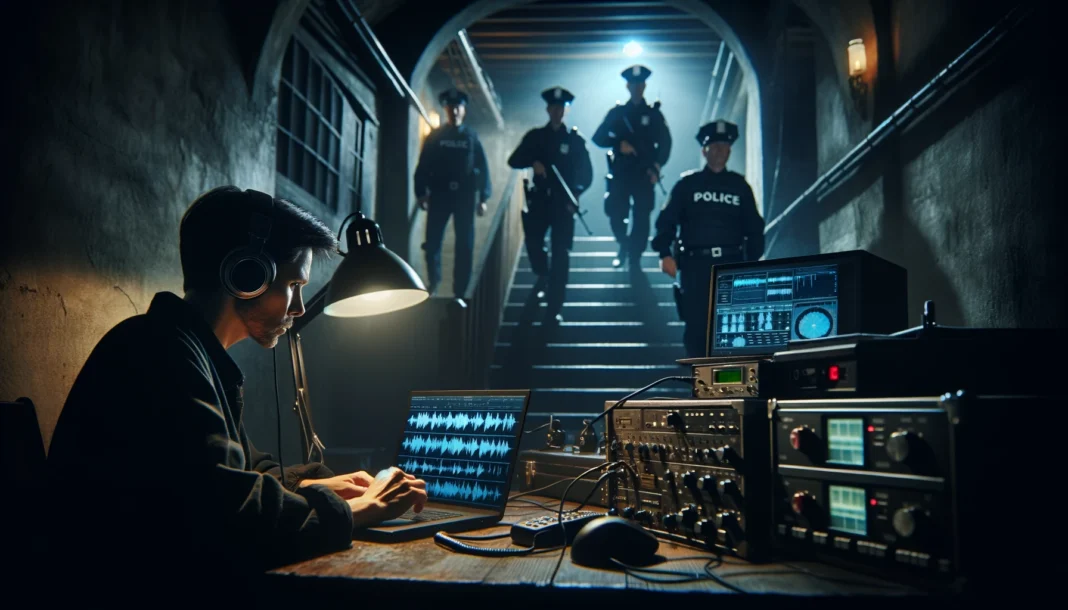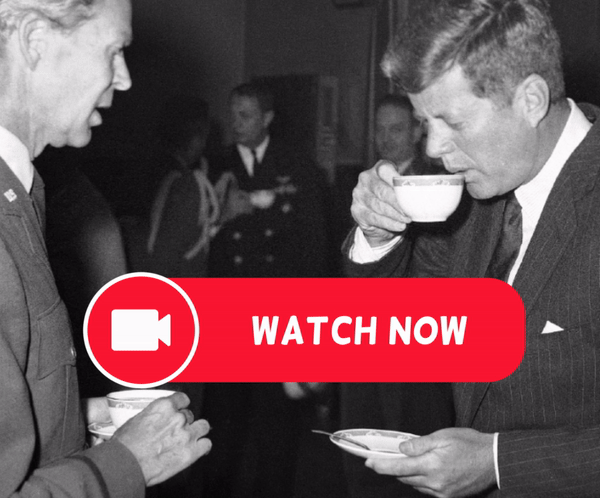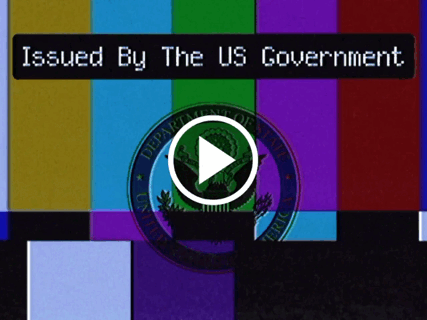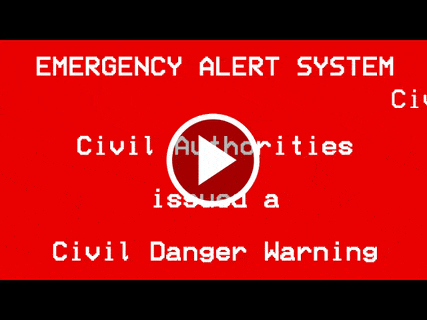Your every call, every connection, every number you dial is being watched, analyzed, and stored. Not in some dystopian novel, but right here, right now, in the United States of America. This isn’t fiction; it’s a chilling reality. For over a decade, a clandestine program, known as Data Analytical Services (DAS), has been operating under the radar, granting law enforcement agencies unprecedented access to the phone records of not just suspects, but innocent Americans as well.
This program, formerly known as Hemisphere, is not a figment of overactive imaginations. It’s a well-oiled machine, functioning in the shadows, powered by none other than telecommunications behemoth AT&T. This partnership has created a surveillance network so vast, so intricate, that it puts Orwell’s Big Brother to shame. The White House, pouring over $6 million into this operation, has essentially endorsed a system where every call using AT&T’s sprawling infrastructure becomes a thread in a vast web of surveillance.
But how did we come to know about this? Thanks to the vigilance of U.S. Senator Ron Wyden, who, in a bold move, sent a letter to the Department of Justice, challenging the very legality of DAS. Wyden’s letter, a beacon of truth in a sea of secrecy, reveals the disturbing extent of this surveillance program. It’s not just about tracking criminals; it’s about monitoring everyone, guilty or innocent.
AI Apocalypse: How Unchecked AI Could Lead to Global Surveillance and the Collapse of Privacy!

The legality of DAS is murky at best, and downright unconstitutional at worst. The program uses a technique called chain analysis, which doesn’t just target individuals directly connected to a suspect but casts a wider net, ensnaring anyone who might have had even the most tangential contact with them. This isn’t just about fighting crime; it’s a blatant invasion of privacy, a flagrant violation of the rights of countless Americans.
The implications are staggering. AT&T, in its complicity, has turned into a de facto arm of the government’s surveillance apparatus, collecting and storing years’ worth of call records. This data, while not including the actual content of the calls, paints a vivid picture of the lives of millions of Americans – where they call, when they call, how long they talk. And let’s not forget, this data isn’t impervious to breaches. In 2020, a report by Distributed Denial of Secrets revealed that hundreds of gigabytes of these records had been stolen. Your data, once thought private, could be floating in the ether of the digital underworld.
The scope of DAS extends beyond what we can fathom. While it’s ostensibly a tool in the war against drug trafficking, leaked files from the Northern California Regional Intelligence Center (NCRIC) expose a more sinister reality. Local police agencies are exploiting this tool for cases far removed from drug-related crimes. This isn’t just about tracking kingpins and cartels; it’s about keeping an eye on everyday citizens, on you and me.

The New York Times, in 2013, first shed light on this program, revealing the extent to which law enforcement agencies are instructed to shroud their use of DAS in secrecy. This isn’t just a covert operation; it’s an operation steeped in deception, designed to operate outside the public eye, outside the realm of accountability.
This revelation isn’t just alarming; it’s a call to action. It’s a wake-up call to every American who believes in the sanctity of privacy, in the fundamental rights guaranteed by our Constitution. The government, in its pursuit of security, has crossed a line, venturing into a territory where the watched become the watchers, where every call you make, every number you dial, is subject to scrutiny.
In this age of digital surveillance, the question we must ask ourselves is not whether we have something to hide, but whether we have the right to privacy. The existence of DAS, its operations, and its implications, challenge the very foundations of our freedom. It’s time to pull back the curtain on this secret program, to demand transparency, accountability, and most importantly, the restoration of our rights. The eye of the government is watching; it’s time we start watching back.






